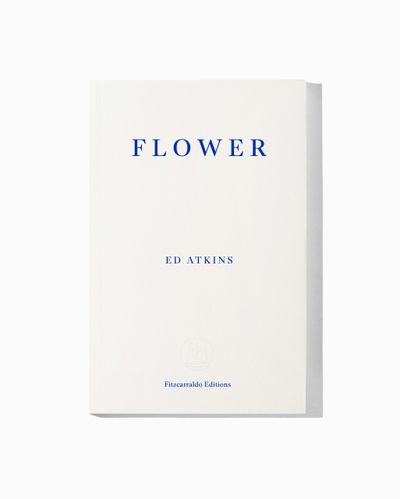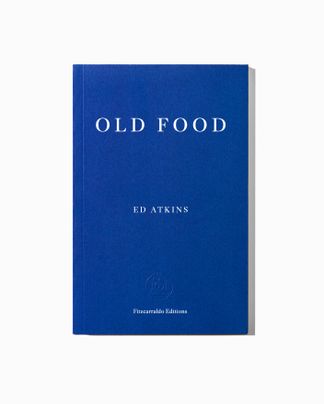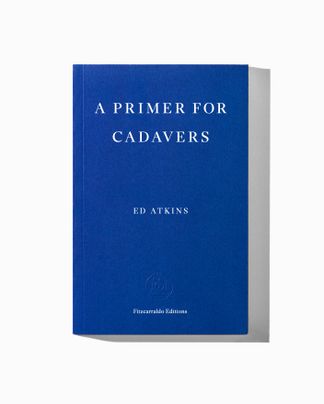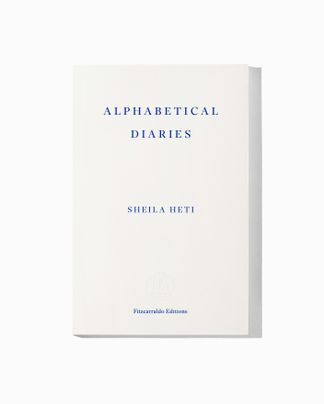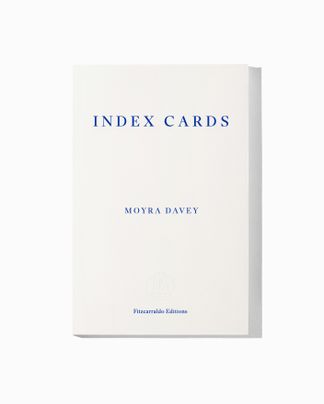‘I like eating cold, clammy wraps from big pharmacies that are open late and sell just a few foods like protein bars and powders.’ Flower is a book of realistic admissions, likes, dislikes, memories and no-brainer observations, treating personal truth as unavailable – something that must be made up and convincing. Taking cues from confessional literature, his daughter’s improvised games, poor internet writing and shitty AI, Ed Atkins, in his first work of non-fiction, equivocates between inanity and divinity, ease and pain, sentimentality and sterility. An anti-memoir, a list, a listless blur – Flower is a highly original, moving and absurd book by one of the most influential artists of his generation, formally inventive and disturbingly of our time.
Irish Times Books of the Year 2025 | Artforum Books of the Year 2025

